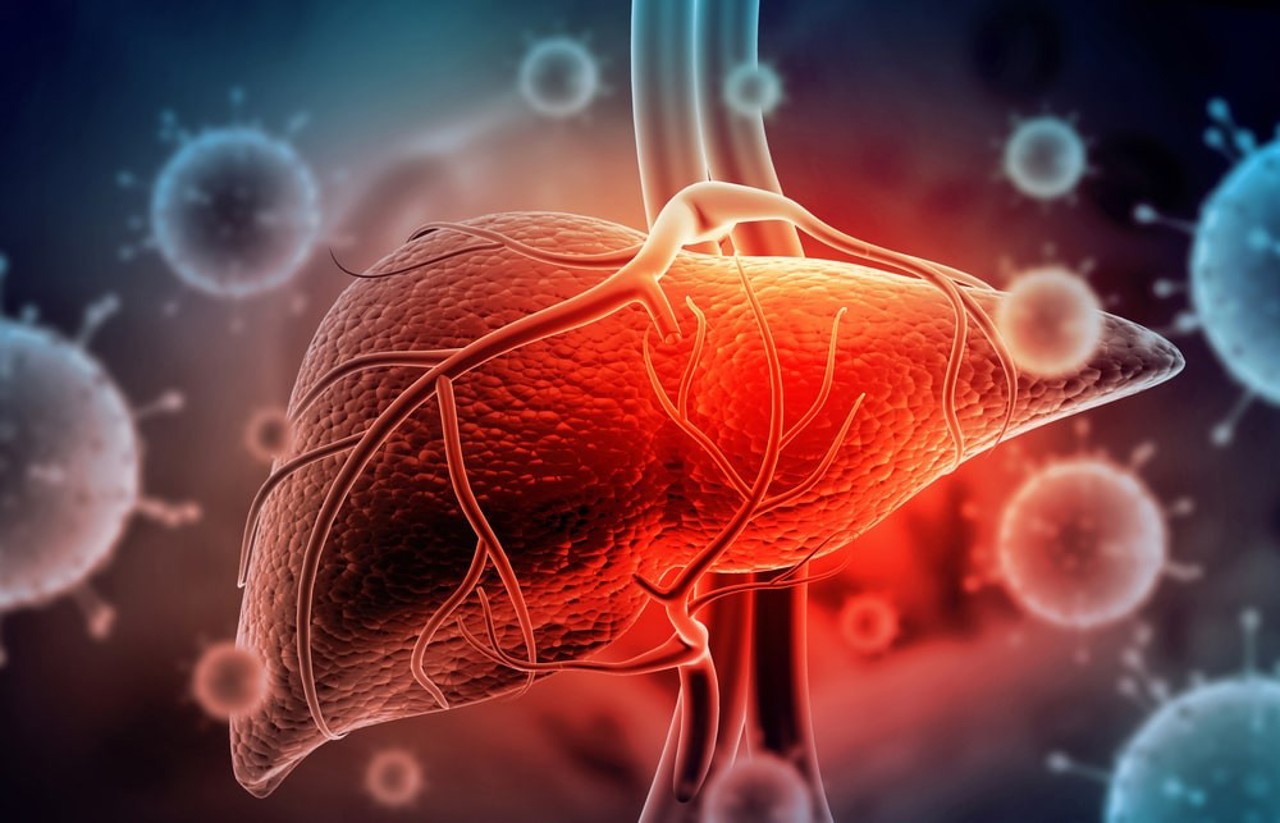In the Republic of Moldova, the number of viral hepatitis cases is increasing
More and more Moldovans are suffering from chronic viral hepatitis - pathologies that affect the liver and are caused by viruses. Last year, the number of sufferers reached 48,400, almost two thousand more than in 2021. Specialists explain this situation by late referral to the doctor, but also by increasing access to testing, available in our country from 2020, and screening people with chronic forms of infection, with their inclusion in antiviral treatment.

Claudia Gherman has been undergoing antiviral treatment at the "Toma Ciorbă" Infectious Diseases Hospital in the capital for 7 days. The woman says she was infected with hepatitis C several years ago after surgery.
"At the time of the caesarean section, I lost a lot of blood and then they introduced me with hepatitis C. I then spent three months in the hospital in Pârjuta. I keep myself because I treat myself every year with antivirals and as soon as I feel sick I come to "Toma Ciorbă". Always diet: no fried, no meat, sour, salty, no", says the patient.
According to doctors, Hepatitis B, C and Delta are most common in our country, which are transmitted either through blood, unprotected sexual contact with an infected person, but also from mother to foetus. While there is currently a vaccine against Hepatitis B, which prevents infection, Hepatitis C is not controlled by immunisation, so the number of these patients is increasing.
"Now, we have the problem that they are not screened. If they have any signs or if they go to the doctor at any other time, it would be good if they are screened for the C virus, so that we can detect them, because hepatitis C evolves asymptomatically. If they don't go for it, they come later and they are in advanced stages, which already, the C virus we can cure, but the signs of cirrhosis remain and progress. In some patients it can result in liver cancer or extrahepatic cancers with localization in other organs," says Irina Rusu, a doctor at Toma Ciorbă Hospital.
While some people say they regularly get tested for hepatitis, others avoid doing so.
"We are always tested for hepatitis, my wife has to work and I go with her. I don't do manicures, but I have a good dentist and I don't think I'll have any problems";
"I always do blood tests. Now even at the polyclinic I gave, I have kidney problems."
"It is very important to do these markers for hepatitis, so that we don't have processes in the liver, so that then it doesn't go into cirrhosis of the liver. I'm a medical worker, I know about these tests and I do them all the time."
Currently, hepatitis patients, including the uninsured, receive free treatment. According to data from the National Health Insurance Company, last year more than 20,000 people with hepatitis and cirrhosis received compensated medicines worth about 11 million lei.





